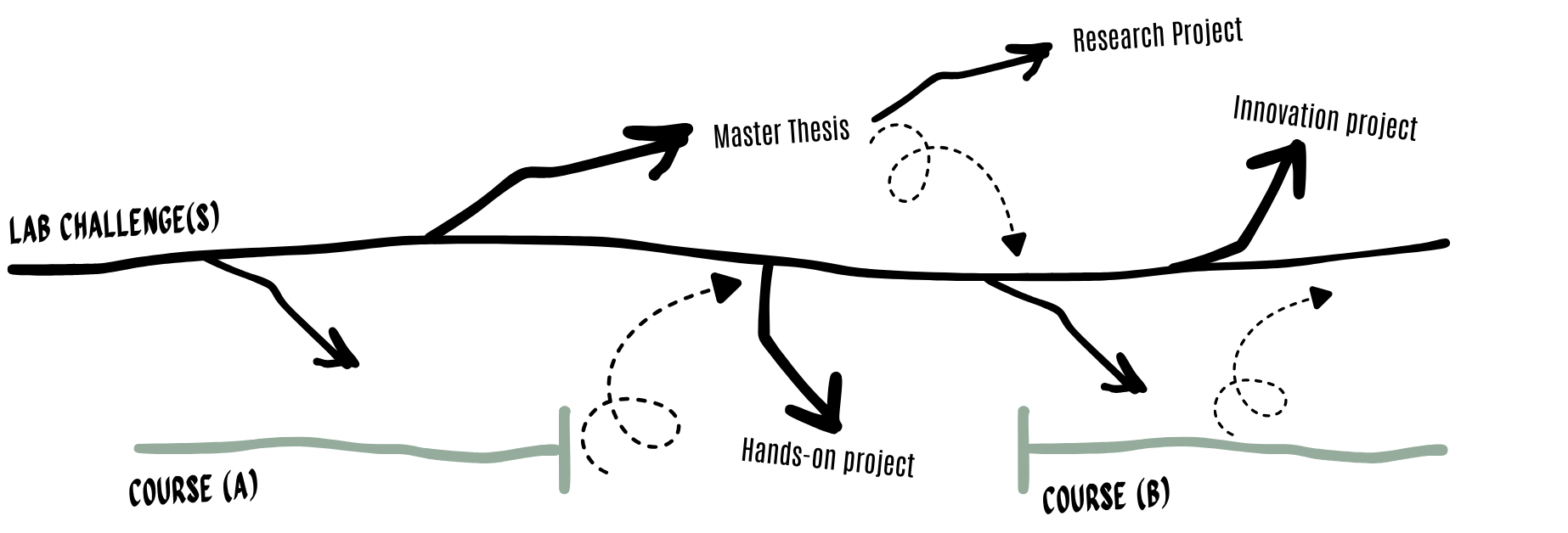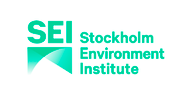Global Transformation Labs (GTL)

The Global Transformation Labs is a new open space for students, teachers, researchers and societal partners to question assumptions, identify tensions, and propose visionary ideas for the future of sustainable mobility. Join the first GTL: Re-Imagining Mobility Lab, in partnership with Scania, Skogforsk and Stockholm Environment Institute. The Re-imagine Mobility Lab will meet on Thursdays at KTH Campus during the autumn semester 2025.
The world faces complex, interconnected challenges, from climate crises to systemic inequality. Tackling these issues requires knowledge, collaboration, experimentation, and transformative learning. That’s why KTH’s Global Development Hub is launching GTLs, spaces that gather students, teachers, researchers and various societal partners who wish to contribute to the discussions and ideation of global sustainability challenges.
GTLs:s aren’t just about the challenge; they’re about rethinking how universities function, an inspiration found at the partnering African universities. The Labs act as open spaces for students to contribute and become a complement to the absorption of knowledge. GTLs add to the university experience by allowing for learning across cultures, formal and informal networking, co-creation and interdisciplinary meetings between different programmes.
GTLs are a complement to the University Experience.
Why Join the Re-Imagine Mobility Lab?
- Engage with real global challenges at a strategic level while developing your skills.
- Collaborate directly with companies and societal stakeholders on issues that matter.
- Be part of a vibrant community spanning across ranging sectors, together with change-makers, innovators, and learners.
Launching 2025: Re-Imagine Mobility Lab
The first GTL will be open Thursdays at the SEED Lounge at Teknikringen 10B, KTH Campus, during the autumn semester of 2025. The lounge will serve as a physical space for collaboration and co-creation. Here, the KTH community, together with Scania, Skogforsk, and SEI will focus on the challenge of re-imagining mobility.
Lab-curators Henrik Vestergaard and Mohamed Ali will provide seminars, workshops, activities, discussions, and events around this pressing global challenge, and participants can co-create and work on specific mobility challenges.
The Re-Imagine Mobility Lab aims to explore the following questions:
- How can mobility systems become more resilient and inclusive?
- What does it mean to prioritise sufficiency over efficiency, frugality over fragility, and people over technology?
- How can we connect the local and global, urban and rural dimensions of mobility in ways that serve both people and the planet?
Whether you’re passionate about sustainability, curious about innovation, or just want to connect with others working for change, the Global Transformation Lab is your invitation to get involved, be bold, and co-create a better future.
Who is this for?
Through our activities, the Re-Imagine Mobility Lab invites the KTH community, bachelor’s, master’s, and PhD students from all KTH programs to join the conversation. We encourage you to explore topics related to mobility and share your unique perspectives on the challenges we identify—believing that diverse viewpoints lead to better solutions.
This fall, formations around key issues can be shaped to collaboratively explore and address them. Do you have a mobility challenge in mind? Bring it to the Lab and develop it with us!
How can I participate?
Re-imagine Mobility Lab holds seminars, workshops, after-hour sessions and support with tools, methods and creative techniques to drive the challenges forward. Keep updated and engage in the Lab activities by joining our channels. Sign up to get updates on the latest happenings.
In September and early October, the Lab will explore mobility challenges through a series of seminars, each focusing on different geographical regions.
In October and November, hands-on workshops will be held at the Lab to collaboratively address these issues. For students approaching their thesis work, a dedicated workshop will support the development of thesis topics linked to the identified mobility challenges—an excellent opportunity to receive guidance in shaping a relevant and impactful project.
Towards the end of the year, the Lab will host an exhibition in collaboration with the partner organisations, where ongoing challenges will be showcased and new opportunities for collaboration can emerge. We conclude the season with a shared dinner and a collective reflection on the fall’s activities and results.



